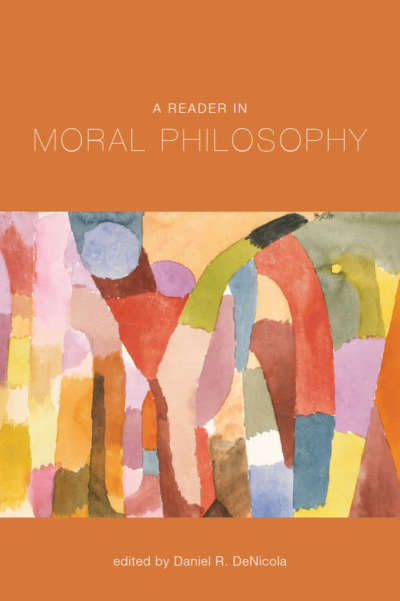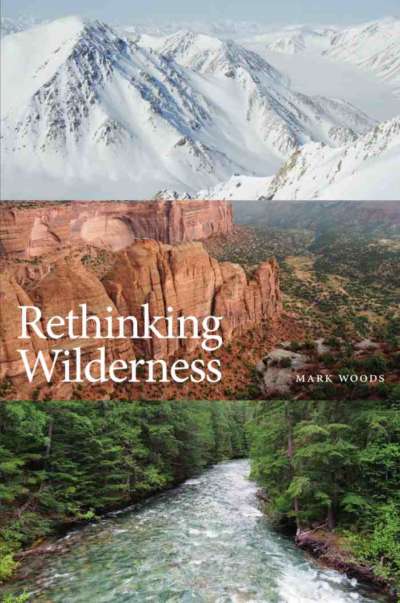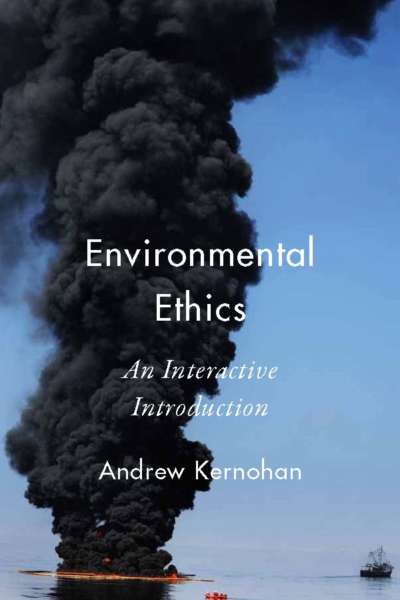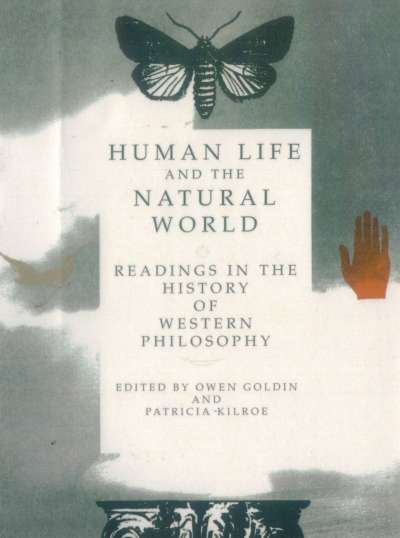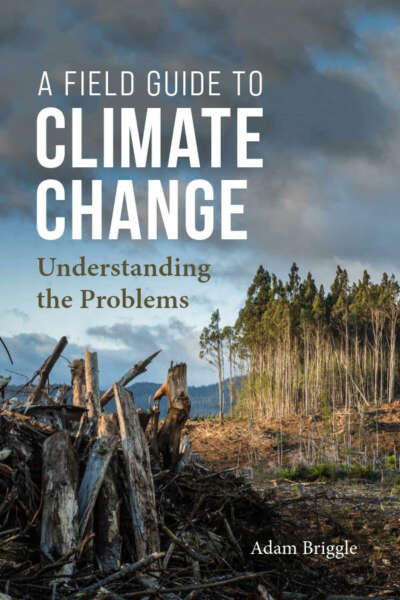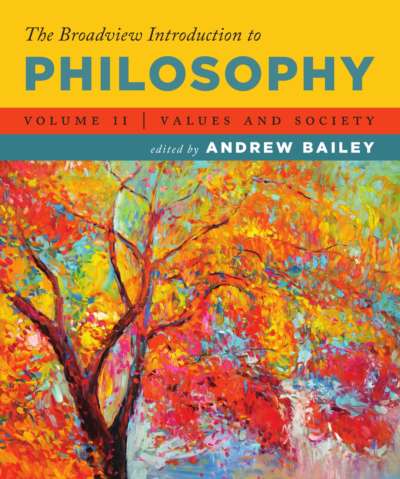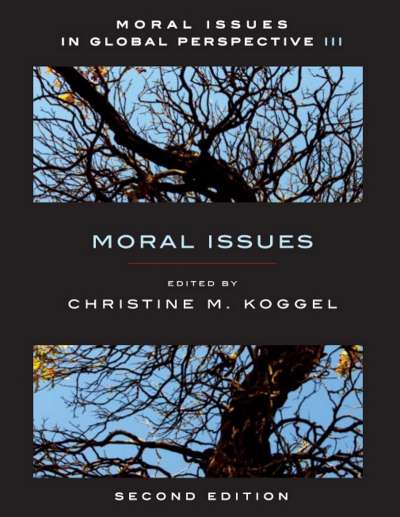Environmental Philosophy in Desperate Times examines environmental philosophy in the context of climate denial, inaction, and thoughtlessness. It introduces readers to the varied theories and movements of environmental philosophy. But more than that, it seeks to unsettle our received understanding of the world and our role in it, especially through consideration of Indigenous, feminist, and radical voices.
Comments
“Justin Pack’s Environmental Philosophy in Desperate Times is a powerful introduction to environmental theories and movements that calls students and teachers alike to think carefully even as it insists on the urgency of our contemporary environmental crisis. What is perhaps most important and refreshing is that Pack provides an illuminating discussion of climate denial and ‘terracide without biophobia’ that is both provocative and informative. These are desperate times indeed, but Environmental Philosophy in Desperate Times provides many of the tools we need to respond to the ongoing devastation all around us thoughtfully, lovingly, and with hope.” — Brandon Absher, D’Youville University
“This book is among the best single-volume introductions to environmental philosophy available today. It is an illuminating resource for both students and experts, and its outstanding feature is the position of honesty, desperation, and urgency it is written from, crystalized in the question Why are we not doing more? Within, one finds not only clear explanations of each of today’s major environmental theories and movements but also a contextualization of this material within an original historical account of the death of the cosmos in the modern Western world—Fan account developed through substantial engagements with Native American, pre-modern, and ecofeminist thought.” — David Baumeister, Seton Hill University


